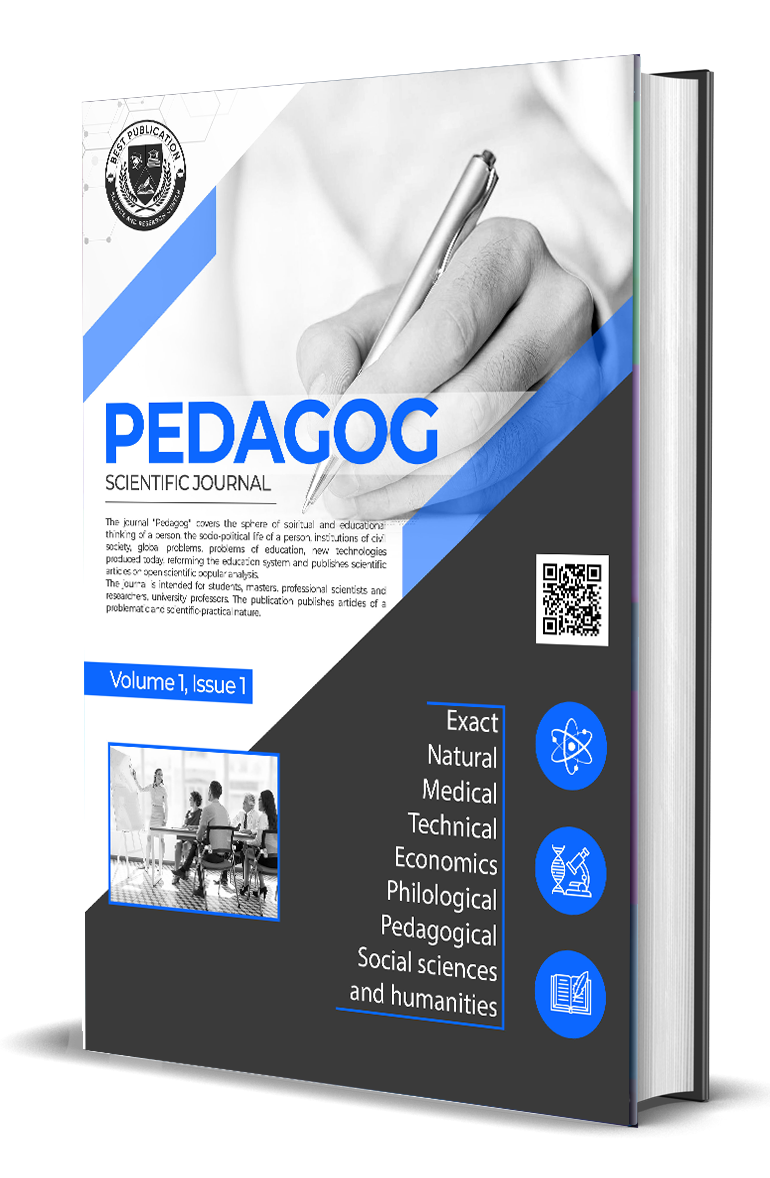THE INFLUENCE OF LANGUAGE ON THE FORMATION OF PERSONAL CONSCIOUSNESS
Аннотация
This article explores the multifaceted influence of language on the formation of personal consciousness, drawing insights from psychology, linguistics, and cognitive science.
Библиографические ссылки
Bender, Emily M. (2005): “On the Boundaries of Linguistic Competence. Matched-guise Experiments as Evidence of Knowledge of Grammar”. Lingua 115/11: 1579–1598.
Bender, Emily M. (2007): “Socially meaningful syntactic variation in sign-based grammar”. In: Adger, David/Trousdale, Graeme (eds.): English Language and Linguistics Special Issue on Variation in English Dialect Syntax. Theoretical Perspectives. http://faculty.washington.edu/ebender/papers/Bender_ELL_2007.pdf [01.12.2016].
Borsley, Robert David (2008): “Changing views of linguistics”. Philosophy of Linguistics’ lectures at University of Essex, Autumn 2008.
Chomsky, Noam Avram (1986): Knowledge of the language. Its nature, origins and use. New York: Praeger.
Gahl, Susanne/Garnsey, Susan M. (2004): “Knowledge of grammar, knowledge of sage. Syntactic probabilities affect pronunciation variation”. Language 80/4: 748–775.
Pateman, Trevor (1987): Language in Mind and Language in Society. Studies in linguistic reproduction. Oxford: Clarendon.
Pennycook, Alastair (2010): Language as a local practice. New York: Routledge.
Wardhaugh, Ronald (2006): An Introduction to Sociolinguistics. 5th ed. Malden: Blackwell.












